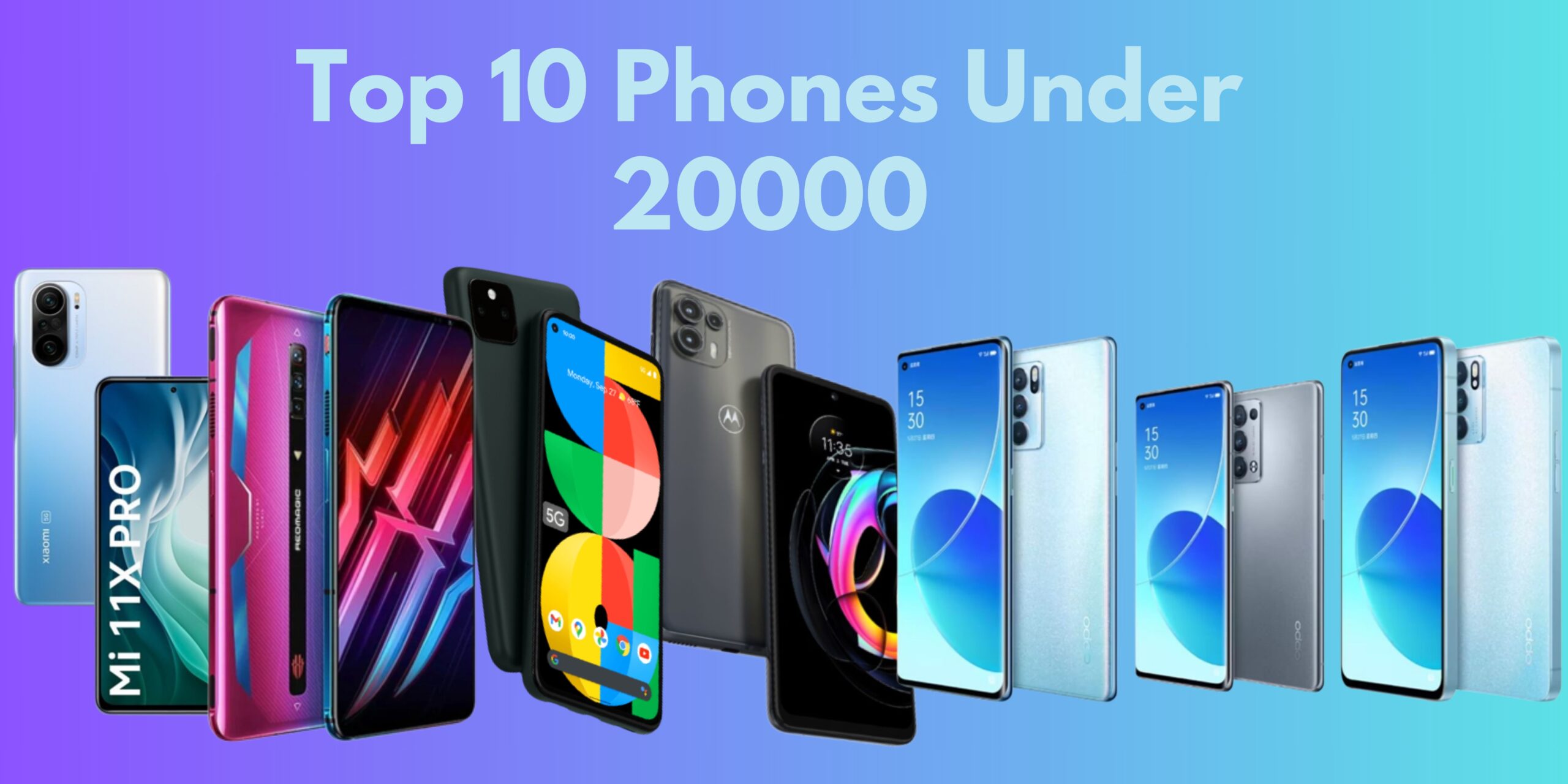Advanced GPS and Location-based Services
Global Positioning System (GPS) and Location-based Services (LBS) have evolved far beyond mere navigation tools. This article explores the advancements in advanced GPS technology and the expanding landscape of Location-based Services, highlighting their impact on diverse industries and the ways they are reshaping our interaction with the world.
1. GPS Evolution: Beyond Navigation
The evolution of GPS technology has transcended its initial role in navigation. Modern GPS systems, bolstered by a constellation of satellites, provide highly accurate positioning and timing information. Beyond simple navigation, advanced GPS has become integral to numerous applications, from precision agriculture to emergency response systems.
2. Augmented Reality Navigation: Merging the Physical and Digital Realms
Augmented Reality (AR) has transformed GPS navigation by overlaying digital information onto the real world. AR navigation apps, such as Google Maps and AR-based heads-up displays in vehicles, offer intuitive, real-time guidance by superimposing directions onto the user’s field of view. This innovation enhances situational awareness and simplifies navigation in complex environments.
3. Geofencing: Customizing Experiences Based on Location
Geofencing has emerged as a powerful tool in Location-based Services. This technology allows businesses and app developers to define virtual boundaries, triggering specific actions when a user enters or exits a designated area. From targeted marketing notifications to automating smart home devices upon arrival, geofencing personalizes experiences based on a user’s location.
4. Indoor Positioning Systems: Navigating Complex Spaces
Traditional GPS may struggle in indoor environments, leading to the development of Indoor Positioning Systems (IPS). Utilizing technologies like Bluetooth beacons, Wi-Fi positioning, and sensor fusion, IPS enables precise location tracking inside buildings. This has applications in retail for personalized shopping experiences and in healthcare for efficient asset tracking within hospitals.
5. Autonomous Vehicles and GPS Integration: Paving the Way for Self-Driving Cars
GPS plays a pivotal role in the development of autonomous vehicles. Integrated with sensors, cameras, and LiDAR, GPS enables precise localization and mapping for self-driving cars. The synergy of advanced GPS technology with autonomous vehicles holds the promise of safer and more efficient transportation systems in the future.
6. Precision Agriculture: Optimizing Crop Management
In agriculture, advanced GPS is revolutionizing precision farming practices. Farmers use GPS-guided tractors and drones to precisely manage planting, irrigation, and harvesting. This technology enhances efficiency, reduces resource usage, and promotes sustainable agricultural practices by optimizing crop management based on real-time location data.
7. Emergency Response and Disaster Management: Rapid Deployment with Precision
During emergencies and natural disasters, advanced GPS technology is a lifeline for first responders. Accurate location data facilitates rapid deployment of resources to affected areas, improving search and rescue operations. GPS-enabled emergency alerts also provide timely warnings to individuals in at-risk locations.
8. Wearable Devices and Location Tracking: Fitness to Safety
Wearable devices, equipped with GPS capabilities, have transformed health and safety applications. Fitness trackers use GPS to map and analyze users’ exercise routes, while personal safety devices leverage location tracking for real-time monitoring and emergency response. These technologies enhance both fitness experiences and personal security.
9. Location Intelligence for Business Analytics: Data-Driven Insights
Location-based services are a treasure trove of data for businesses. Location intelligence tools analyze spatial data to provide actionable insights. Retailers use this information for targeted marketing, urban planners optimize city layouts, and logistics companies streamline supply chain operations based on location-driven analytics.
10. Privacy and Ethical Considerations: Balancing Innovation with Safeguards
As GPS and Location-based Services advance, concerns about user privacy and data security become paramount. Striking a balance between innovation and safeguarding personal information requires robust data protection measures, transparent data policies, and adherence to ethical practices in the collection and use of location data.
Navigating the Future Landscape with Precision and Responsibility
Advanced GPS and Location-based Services are at the forefront of a technological revolution that extends far beyond traditional navigation. From augmented reality experiences to optimizing agriculture and enhancing emergency response, these technologies are reshaping industries and the way we interact with the world. As we navigate the future, it is imperative to continue advancing these tools responsibly, mindful of ethical considerations and the need to strike a balance between innovation and safeguarding user privacy.


